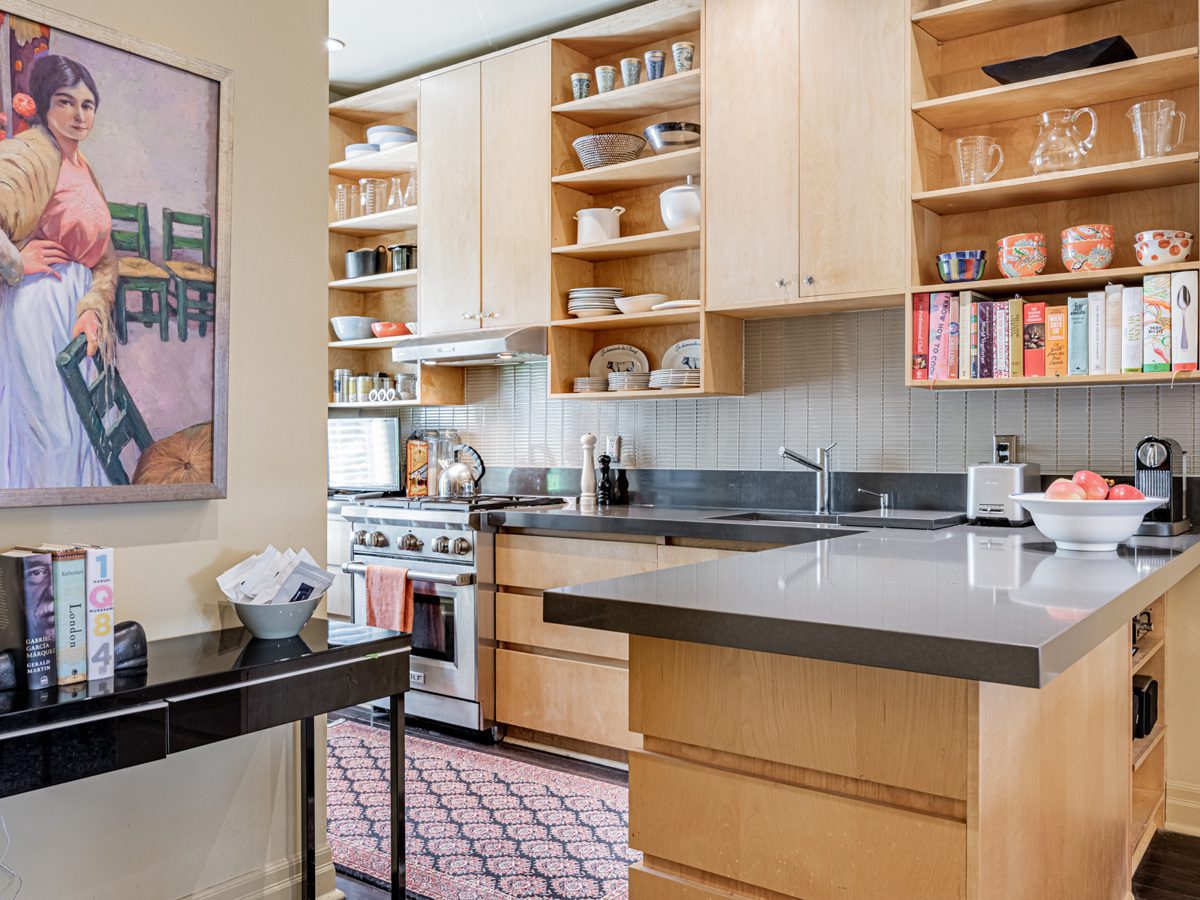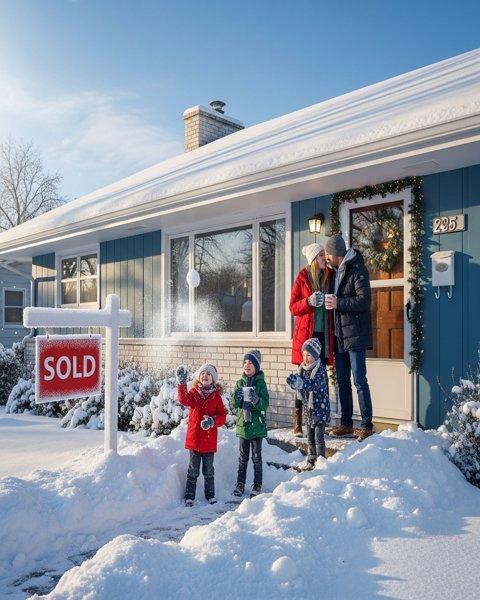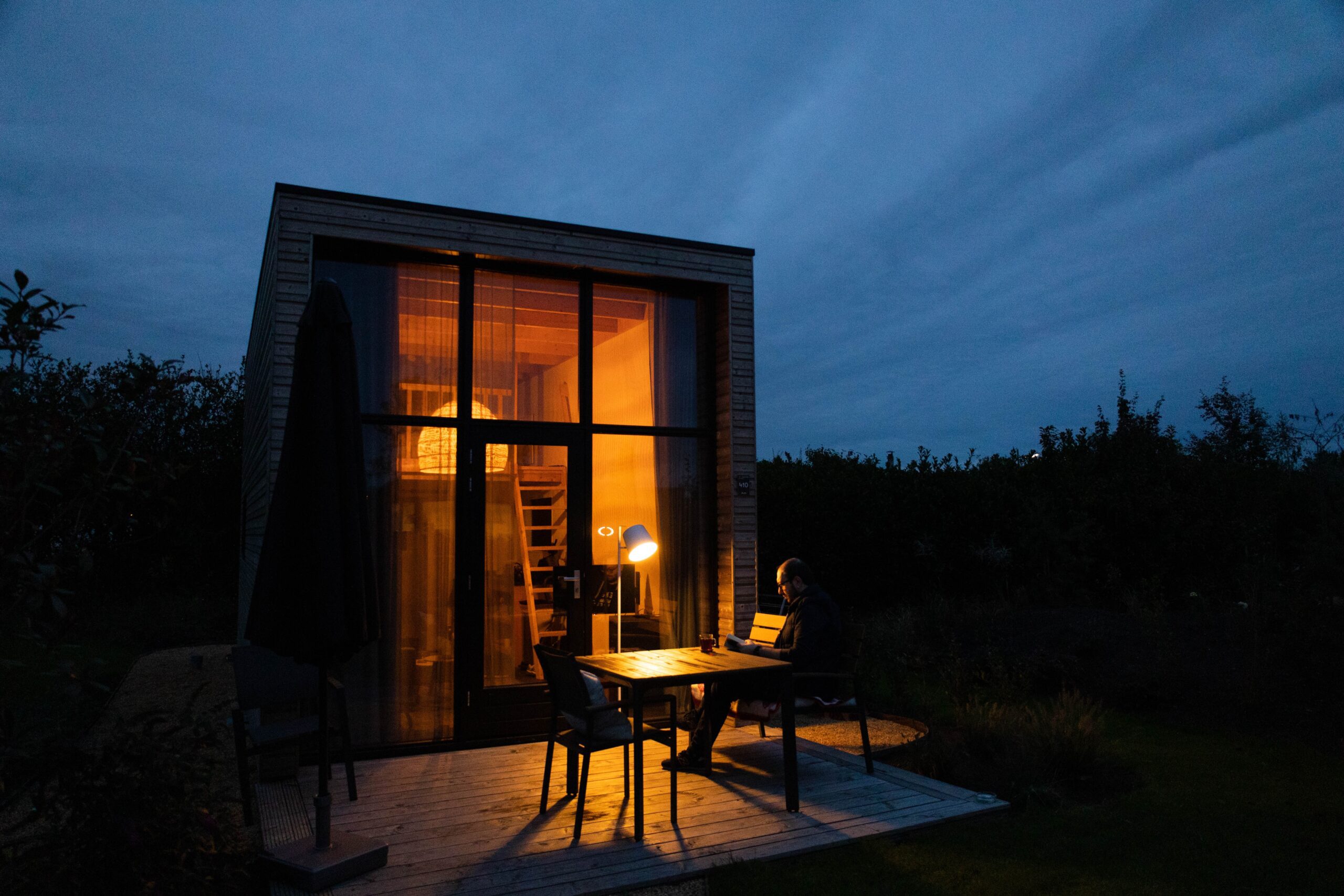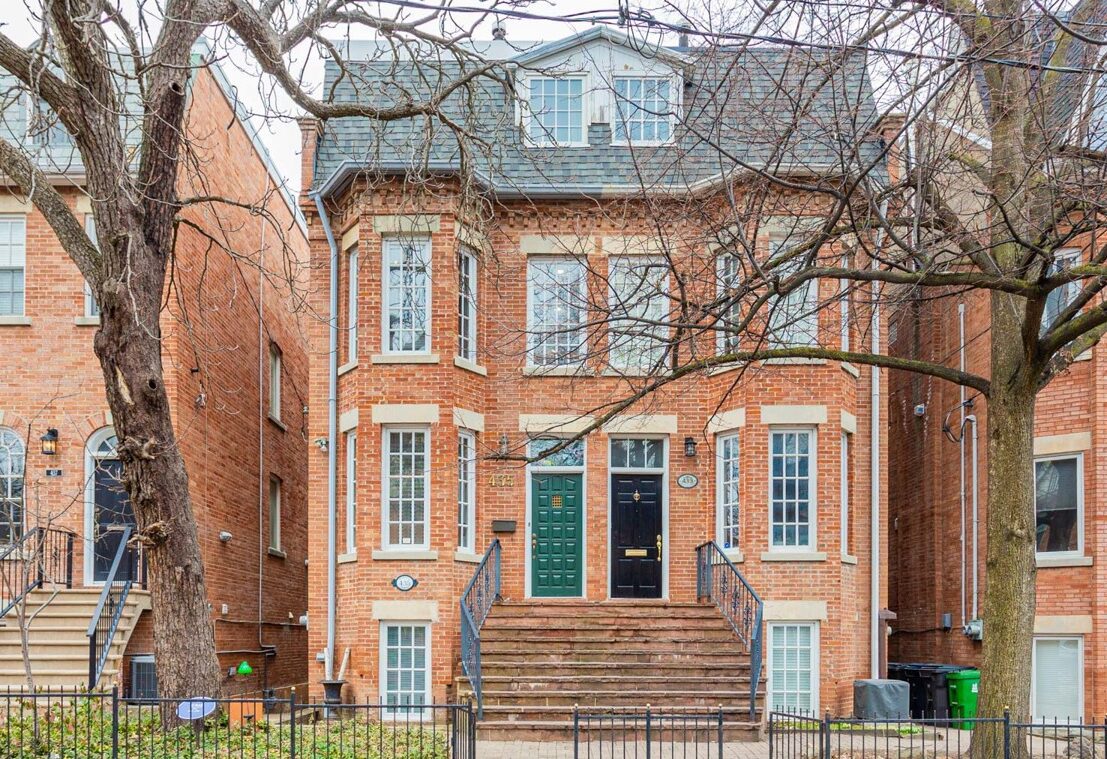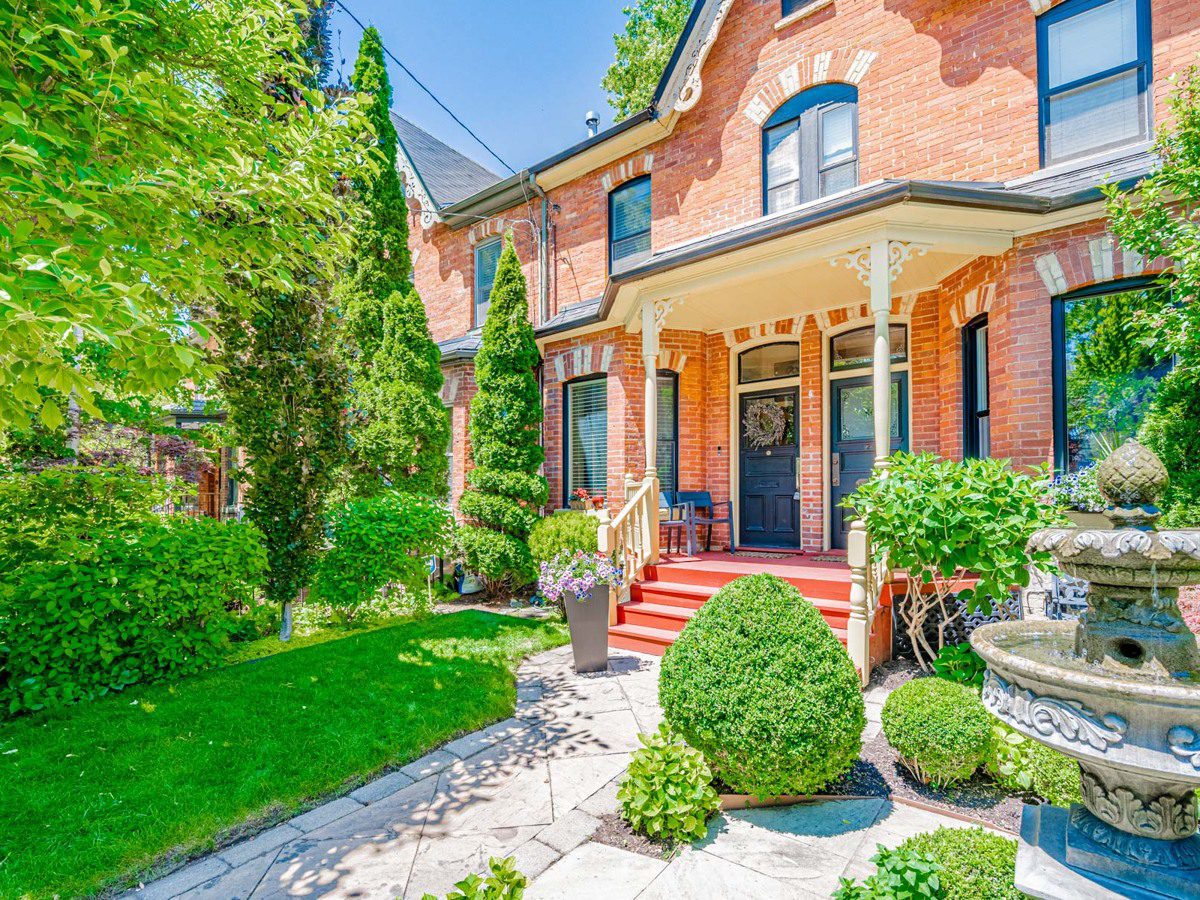Although Toronto was once known for its fast-moving seller’s market, a quick sale is no longer guaranteed. If your home is spending too much time on the market, there’s a reason. Yes, it could be related to an overall market slowdown, however, if your home is far outlasting other listings (especially those that are similar to yours) there are likely other factors at play.
As one of Toronto’s top real estate teams, we know a thing or two about how to sell successfully. In this blog post, we’ll highlight some common mistakes sellers make that can lead to their home spending more time on the market – and how you can avoid them.
Pricing Too High
One of the most common reasons a home doesn’t sell is because it’s priced too high. While it’s natural to want to maximize your profits, an unrealistic price can discourage potential buyers from even considering your property.
You may think the right move is to price high and let interested buyers submit an offer below-asking, however, this can actually deter potential buyers from expressing interest in your home altogether.
To set the right price, research comparable properties in your area, consider the current market conditions and consult with a real estate professional. A well-priced home will attract more interest as a higher volume of buyers will find it within their search parameters. This can potentially lead to multiple offers or even a bidding war – a gold standard in Toronto real estate.
Thinking about downsizing your home? Explore these blog posts for helpful real estate tips.
- A Guide to Interim Occupancy in Toronto
- Top 5 Toronto Neighbourhoods For Empty Nesters
- What to Expect From Rightsizing
Skipping Preparations
Homebuyers often make up their minds within the first few moments of entering a property. Failing to prepare your home adequately for showings can lead to a lack of interest. Cluttered spaces, outdated decor or furniture, and visible issues can make potential buyers look elsewhere.
So, before listing your home, invest some time in decluttering, deep cleaning, and addressing any minor repairs that need to be made. While this will take some effort, it’ll help your home compete with other listings on the market.
Should I Stage My Home?
Staging is a specialized step in the preparation process. Unlike certain things like cleaning and decluttering, which you can take on yourself, effective staging often requires professional assistance. But why is it so important?
In short, staging creates the most appealing version of your home’s atmosphere. Using your home’s existing strengths, staging makes the space feel welcoming, inviting, and cohesive. Then, as potential buyers tour your home, they’re able to envision themselves living and thriving there.
Looking for more information about renovating your home before it hits the market? Click here to read our blog post on the topic.
Not Getting the Word Out
Generating buyer interest in your home will require a dedicated marketing plan. Although Toronto real estate is in high demand, it’s still important to get your home in front of as many buyers as you can.
The more exposure your home receives, the higher the chances of finding the right buyer. If you simply list your home on MLS and wait for people to take notice, you’re not going to get the best result possible.
As a homeowner, you may be fairly limited in how you can get the word out about your home on your own. Instead, effective marketing is really about working with a real estate agent that has a sizable toolkit of advertising techniques. More on that next.
Looking to maximize the sale of your Toronto home? We’ve got you covered. Check out these blog posts.
- What Canada’s Anti-Flipping Tax Means For Sellers
- Uncovering Hidden Wealth in Your Home
- A Guide to Selling Privately
Choosing the Wrong Agent
Toronto is home to more than 65,000 real estate agents, and selecting the right one will be a critical decision that can greatly impact the success of your sale. An experienced and knowledgeable agent can guide you through the process, offer valuable insights, and effectively market your home.
On the other hand, an inexperienced or disengaged agent might not provide the support and expertise needed to sell your home quickly and at the best possible price. Do your research, read reviews, and interview multiple agents before making your choice.
Thinking about selling your home? Our industry-leading strategies can ensure you get the best possible result in Toronto’s ever-shifting market. to get in touch, or ">click here to send us an email.







